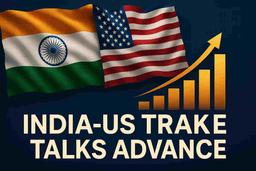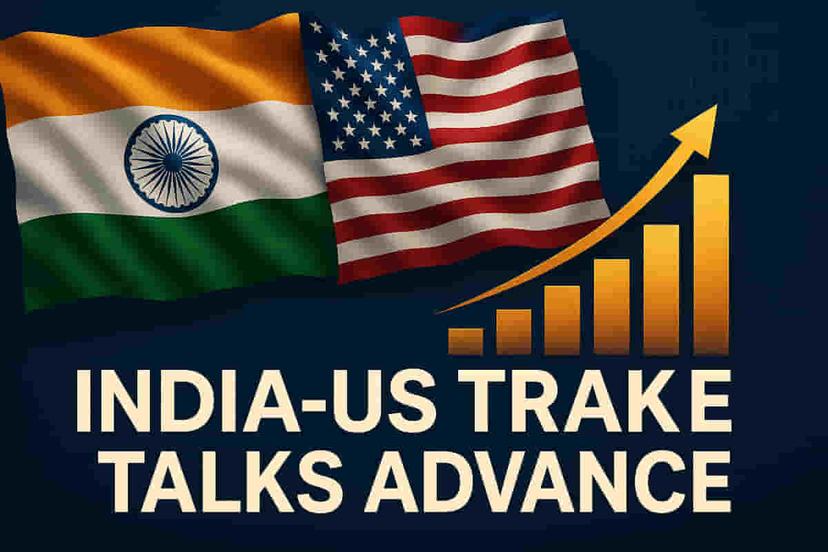Exceptional CEOs: Fund Managers Prashant Jain, Devina Mehra Uncover Key Qualities Beyond Short-Term Earnings
Overview
Fund managers Prashant Jain and Devina Mehra discussed what truly makes an exceptional CEO, arguing that increasing competitive advantage and strategic long-term decisions are more crucial than short-term earnings. They highlighted Return on Capital Employed (RoCE) as a key indicator of leadership, emphasized that the underlying business quality is paramount, and debated evolving leadership models, including concerns about private equity-backed firms and the overvaluation of some new-age companies. The panel also touched upon the practice of CEOs ceasing quarterly guidance.
This discussion by prominent fund managers Prashant Jain and Devina Mehra centers on defining exceptional leadership in companies, moving beyond the market's common obsession with quarterly earnings, margins, and forward guidance. They argue that the true measure of a CEO lies in their ability to strengthen the company's long-term competitive advantage, a factor often overlooked by short-term financial metrics.
Key Insights:
- Competitive Advantage: Jain stressed that increasing competitive advantage is the most crucial quality, warning that firms might show near-term profits by compromising long-term sustainability. Investors often miss strategic decisions that boost competitive strength but hurt immediate earnings.
- RoCE as a Leadership Metric: Devina Mehra emphasized Return on Capital Employed (RoCE) as a vital metric that reflects what leadership is doing with the business.
- Underlying Business Quality: Quoting Warren Buffett, Mehra noted that even strong management can't fully overcome a weak business, as the business's reputation often prevails. Examples like ITC and PepsiCo illustrate long-term business transformations.
- Evolving Leadership Models: The discussion covered promoter-led, professionally run, and the emerging category of private equity-backed companies where founders may have minimal stakes. Jain raised concerns about the long-term prospects of PE-backed firms post-exit. Mehra countered with the global trend of founder-led companies dominating market capitalization.
- Startup Valuations: While acknowledging that some startups are rightly valued, both experts pointed out that many new-age companies have excessive valuations driven by hype and narrative investing, a pattern seen in previous market cycles.
- Guidance Debate: The panel referenced former Unilever CEO Paul Polman's success after ceasing quarterly guidance, suggesting Indian CEOs might follow suit, noting that the Indian market is less rigid on this than the U.S. Mehra also reminded that business realities, not just CEO actions, determine performance.
Impact: This news provides investors with a more nuanced framework for evaluating CEOs and companies, encouraging a focus on long-term strategic advantages and sustainable business models rather than solely on short-term financial performance. It can influence investment decisions by shifting focus towards quality of leadership and business fundamentals, potentially leading to a more discerning market for growth stocks and startups.
Rating: 7/10
Definitions:
- Earnings: The profit a company makes after deducting all expenses.
- Margins: The percentage of revenue that remains as profit after deducting costs.
- Guidance: A company's forecast or prediction of its future financial performance.
- Competitive Advantage: A factor allowing a company to produce better or cheaper than rivals, leading to greater sales and profits.
- Return on Capital Employed (RoCE): A profitability ratio measuring how efficiently a company uses its capital to generate profits (EBIT / Capital Employed).
- Capital Employed: Total capital invested in a business (e.g., equity + long-term debt).
- Promoter: An individual or group who initiates and finances a business venture, retaining significant control.
- Private Equity (PE): Investment funds investing in unlisted companies.
- Valuation: The process of determining the current worth of an asset or company.
- New-age companies: Startups or rapidly growing technology-focused businesses.
International News Sector

India-US Trade Talks Progress Steadily on Tariffs and Market Access

India-US Trade Talks Progress Steadily on Tariffs and Market Access
World Affairs Sector

India Urges Fair Climate Finance at COP30, Cites Paris Agreement Breaches by Developed Nations

India Urges Fair Climate Finance at COP30, Cites Paris Agreement Breaches by Developed Nations

